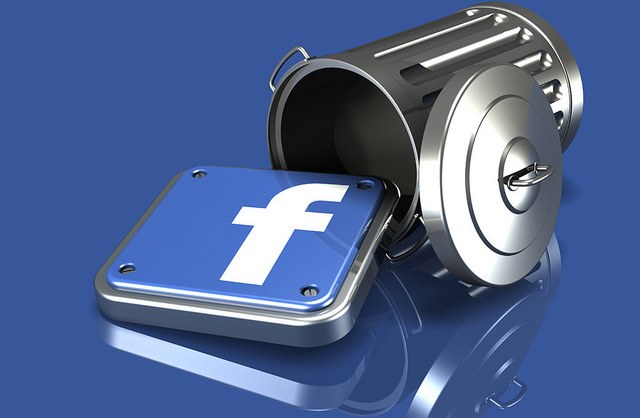
Image source: C_osset via Flickr
Facebook’s efforts to combat fake news, misinformation and other forms of misuse may impact marketing efforts on the social media network. Facebook marketers may see a sudden drop in likes that could impact the reach of their posts.
Facebook’s crackdown goes beyond fake news, a term Facebook says has become an often overused and misused catch-all term. The company is trying to halt practices that are more sophisticated than making up news stories.
Governments and organized non-government groups have used a number of unsavory techniques to manipulate public opinion and achieve their political aims, Facebook reveals in its new report Information Operations and Facebook. Besides fake news, those tricks include disinformation, networks of fake accounts, coordinated liking of posts, creating Facebook Groups to spread misinformation, and stealing and exposing non-public information.
Removal of “False Amplifiers”
Facebook has eliminated tens of thousands fake accounts to combat what it calls “false amplification.” In one sweep, it purged over 30,000 fake French accounts before the French election.
Facebook finds those bogus accounts by identifying suspicious activity, not by examining their content. “For example, our systems may detect repeated posting of the same content, or an increase in messages sent,” blogged Shabnam Shaik, a Facebook technical program manager. “While these most recent improvements will not result in the removal of every fake account, we are dedicated to continually improving our effectiveness.”
Some pages will see a drop in likes because fake users typically like bona fide organizations to appear legitimate. The Guardian said it lost about 20,000 likes on its branded pages due to suspicious activity.
Don’t Always Fear Losing Likes
Marketers will likely dislike losing likes. However, the purges will improve their data on their audiences and help them find new followers through tools like lookalike audiences, according to Facebook.
Since fake accounts won’t engage with content, engagement levels and reach will increase over the long term, explains Andrew Hutchinson at Social Media Today. On the short term, reach may decrease. Removal of likes, which the news feed algorithm perceives as unlikes, will cause reach of posts to fall. Fewer followers will see your posts. But the adverse impact should be short lived as engagement level increases.
To find out if likes were removed due to suspicious activity, go to Facebook Insights tab, click on the “likes” tab, then click on any day to see the like activity. Click on the “unlike sources” tab to see why those likes have declined
Bottom Line: Removal of tens of thousands of fake Facebook accounts may decrease the number of likes for some organizations. That in turn could decrease the reach of their posts in the short term. Over long run, both Facebook and brands should benefit as engagement levels improve and marketers gain more accurate analytics.
William J. Comcowich founded and served as CEO of CyberAlert LLC, the predecessor of Glean.info. He is currently serving as Interim CEO and member of the Board of Directors. Glean.info provides customized media monitoring, media measurement and analytics solutions across all types of traditional and social media.




